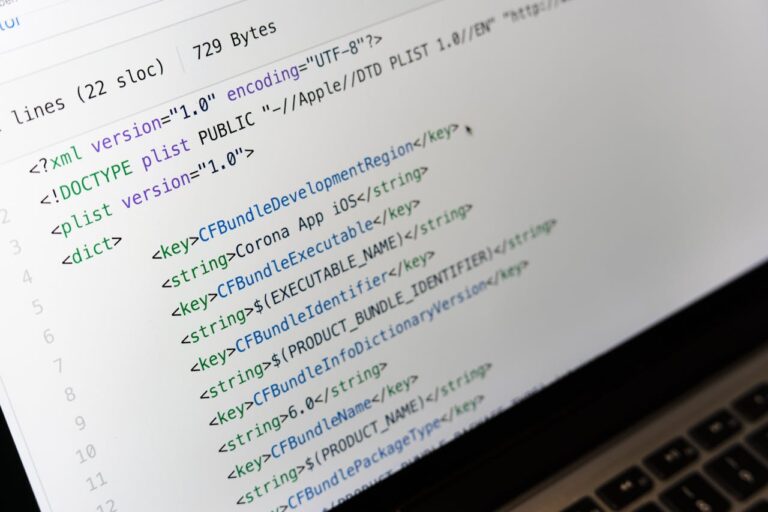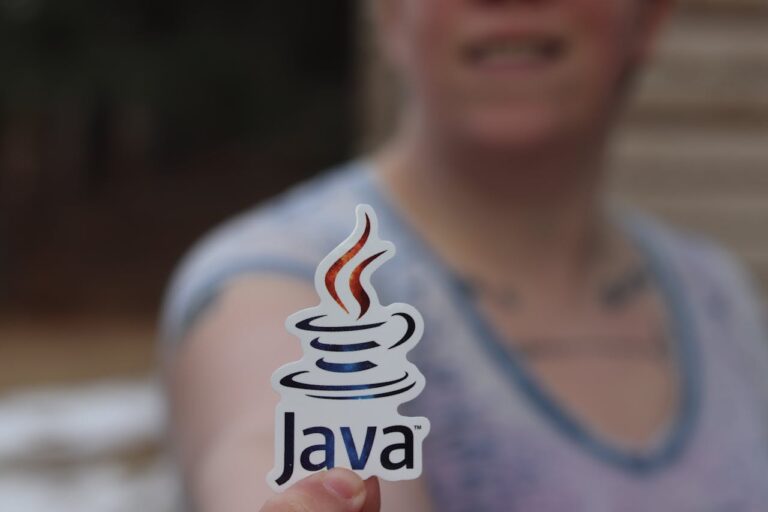Java Reserved Keywords You Need to Know
Working in Java means dealing with a set of predefined words that the language itself controls. These words, called reserved keywords, have special meaning to the compiler and cannot be used for variable names, method names, or any identifiers in your code. They act as the foundation of Java’s syntax, guiding how the language operates and how I can structure my programs.
When I started writing Java programs, I realized that knowing these keywords wasn’t just about memorizing them. It was about understanding their role in controlling flow, declaring data, and interacting with objects. In this guide, I’ll walk through Java reserved keywords you need to know, explaining their purpose, how I’ve used them, and the common mistakes to avoid when working with them.
What Reserved Keywords Are in Java
Reserved keywords are built-in identifiers in the Java language specification. They are reserved for specific programming purposes and cannot be redefined. If I try to use a reserved keyword as a variable name, the compiler will throw an error immediately. This is because Java uses these words to define its grammar and structure.
For example:
java int class = 5; // This will cause a compilation error
Here, class is a reserved keyword, so using it as a variable name breaks the rules.
Categories of Reserved Keywords
Over time, I’ve noticed that reserved keywords fall into specific categories that make them easier to learn. By grouping them based on function, I can recall their purpose faster and understand where they fit in Java code.
Data Type Keywords
These keywords define the kind of data a variable can hold. Examples include:
intdoublecharbooleanlongshortbytefloat
When I declare variables, I always use these keywords to tell Java what type of data the variable will store. Using the wrong data type keyword can lead to compilation errors or unexpected behavior.
Control Flow Keywords
Control flow keywords let me dictate the execution path of a program. Common ones are:
ifelseswitchcasedefaultforwhiledobreakcontinuereturn
I rely on these heavily when writing logic that reacts to user input, data conditions, or other runtime factors. For example, break is essential for stopping a loop prematurely, while continue skips to the next iteration.
Access Modifiers
Access modifiers control the visibility of classes, methods, and variables:
publicprivateprotecteddefault(implicit when no modifier is specified)
Knowing when to use these is critical for encapsulation. I’ve learned that using public too freely can lead to tightly coupled code that’s hard to maintain, so I lean toward private or protected unless broader access is necessary.
Class and Object Keywords
These relate to object-oriented programming:
classinterfaceextendsimplementsabstractfinalstaticnewsuperthis
For example, I use extends to create subclasses and implements when a class must follow the contract of an interface. Keywords like this help me refer to the current object within a method, which is particularly useful when parameter names match field names.
Exception Handling Keywords
Error handling in Java revolves around:
trycatchfinallythrowthrows
These keywords let me write robust programs that can handle unexpected conditions gracefully. I always place resource cleanup code in the finally block to ensure it runs no matter what happens.
Package and Import Keywords
These are essential for organizing code:
packageimport
I use package at the top of my files to group related classes, and import lets me bring in classes from other packages without writing their full paths every time.
Boolean Literals
Technically, true and false are reserved literals in Java. They represent the only possible values for the boolean data type.
Null Literal
null is also reserved, representing the absence of a value. I’ve had to be careful with null values to avoid NullPointerException.
Keywords No Longer in Use
Interestingly, Java has a couple of reserved keywords that are not used in current versions:
gotoconst
Although these are reserved, they have no functionality in Java and can’t be used as identifiers.
Common Mistakes With Reserved Keywords
Over time, I’ve made and seen others make certain mistakes with reserved keywords. Avoiding these has saved me from wasted debugging hours.
Using Keywords as Identifiers
Trying to name a variable or method after a keyword results in immediate errors. Instead, I adapt the name slightly:
java // Wrong
int static = 10;
// Right
int staticValue = 10;
Mixing Case
Java keywords are always lowercase. Writing Class instead of class is valid, but it refers to something completely different the Class type in java.lang.
Forgetting Keyword Scope
Some keywords only make sense in specific contexts. For instance, break is only valid inside loops or switch statements. Using it elsewhere produces a compile-time error.
Misusing Access Modifiers
Giving every class and method public access might seem harmless at first, but it can create serious maintenance problems. I’ve learned to think carefully about what should be exposed and what should be hidden.
Why Knowing Keywords Matters
Learning Java reserved keywords you need to know is about more than passing a syntax test. These words are the building blocks of Java programs. By mastering them, I can write cleaner, more efficient code and quickly understand programs written by others.
When reading unfamiliar code, I scan for keywords first to get a sense of the structure. Seeing a try–catch block tells me where errors are handled, while extends shows me inheritance relationships immediately.
How I Memorized Keywords
I didn’t memorize them in alphabetical order. Instead, I grouped them by purpose and used them in small practice programs. For example, I would write a program that used all the control flow keywords in different scenarios, then move on to access modifiers. This practical approach reinforced their use and made them second nature.
Practical Tips for Working With Keywords
- Use an IDE with syntax highlighting – Keywords stand out visually, reducing the chance of misusing them.
- Write small test programs – Focusing on one keyword at a time helps cement its role.
- Read Java source code – Observing how experienced developers use keywords in open-source projects can be eye-opening.
- Pay attention to context – Some keywords only work inside certain structures, so understanding scope is key.
The Complete List of Java Reserved Keywords
Here’s the full list for reference:
java abstract assert boolean break byte
case catch char class const
continue default do double else
enum extends final finally float
for goto if implements import
instanceof int interface long native
new null package private protected
public return short static strictfp
super switch synchronized this throw
throws transient try void volatile
while true false
I keep this list handy whenever I’m writing or reviewing Java code, especially if I’m unsure whether a word is reserved.
Conclusion
Mastering Java reserved keywords you need to know is a critical step toward becoming a confident Java developer. These words define the structure, behavior, and capabilities of every program I write. By knowing what they do, when to use them, and how to avoid common pitfalls, I’ve been able to write cleaner, more maintainable code.
The more I work with Java, the more these keywords feel like second nature. They’re no longer just a list in the documentation they’re the tools I use daily to create functional, reliable, and readable programs. Understanding their role has saved me from countless hours of debugging and has helped me explain my code more clearly to others.







